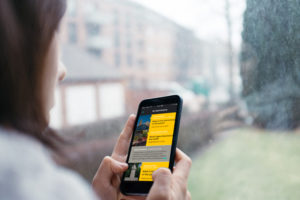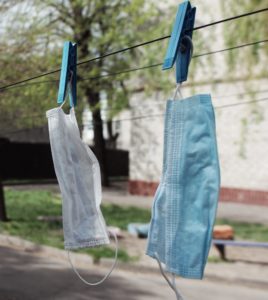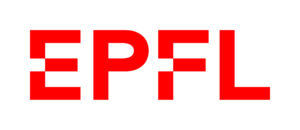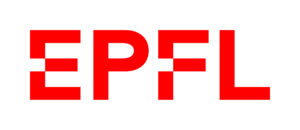The COVID-19 outbreak affected many areas of our daily lives. The effects on our social, professional, family, community, university and business lives are unprecedented. It was in the midst of this turmoil that the Swiss Corona Citizen Science Team was launched.
A space was created to explore, share and discuss the new experiences that were disrupting our habits and routines and the organisation of our society, to reflect on our ways of living and to raise questions about how we want to live moving forward. Citizens and scientists of EPFL, UNIL and idiap started to research jointly with the objective of re-thinking and re-framing both our individual and community lives.
In a series of activities – a survey, mobile crowdsourcing, interviews and Citizen Think Tanks – we started to research and learn together.
Find out about our first results
Why this research?
Around the world, political decision-makers have restricted individual mobility in the public spaces in order to stop the spread of the COVID-19 pandemic. In this situation, inhabitants of Switzerland are asked to limit their travels to “vital” and “essential” ones (grocery, health, child care, 1st line jobs, etc.). The social, spatial and temporal organization of everyday lives are heavily disrupted. In this situation, health specialists, sociologists, psychologists and activists warn about the potential impact of containment measures on the mental, physical and social wellbeing of those affected by them. This concerns the entire population, yet experiences of the lockdown are multiple and social groups are unevenly affected by it. How does it intersect with gender, age, class or race inequalities? How does it differ from one Canton to another?
Facing the Covid-19 crisis requires research practices that respond to the state of urgency and enable collaboration between experts and citizens concerned. Heterogeneous research teams allow for integrating different perspectives, experiences and knowledges to better understand and transform the given situation.
In that context, Social Sciences play a crucial role. They offer an analytical frame for understanding what the stakes of lockdown measures are from societal, political, psychological, economical, etc. points of view. Questioning individual and collective experiences, they give visibility to links and relations shared between people, things, and livings species. Social Sciences furthermore offer tools in order to act. Well established methods help documenting critical moments. Ultimately, they can help sharing knowledge with public authorities and creating common practices among the population in order to better prepare future potential crises.
We pursue three main goals:
-
- From a scientific perspective: Assessing and monitoring how different population groups experience, adapt to and cope with the Covid-19 crisis and the related policy responses in Switzerland; comparing the Swiss situation with other national contexts.
- From a citizen perspective: sharing and discussing the current situation and therefore building a sense of belonging; developing a reflexive relationship towards the situation; accessing information and existing support tools related to economic, social or health risks to navigate the Covid-19 crisis.
- From a collective and educational perspective: Enabling mutual learning and co-producing coping strategies between citizen scientists and experts to tackle negative effects of Covid-19 related measures and to better prepare future potential crisis.






